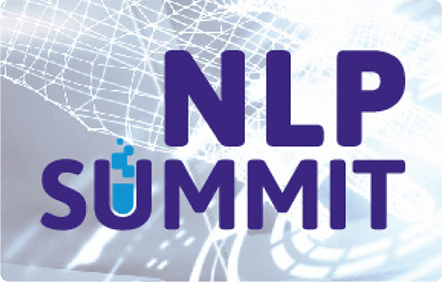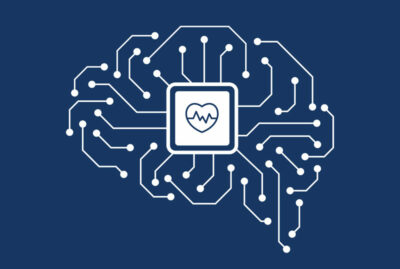Contemporary enterprises across the world practice data analytics essentially for their benefits. Analytically processing the unprocessed available data, inducing the factual and conclusive results, pave the way for writing new success stories. Analytics has helped smarter business groups to lap up innovative ideas before that dawns in their competitor’s minds. Taking precise business decisions has never been so bang-on, thanks to the insights provided by data analytics.
The importance of data analytics is a foregone conclusion, as enterprises spin it around for the profitability. The heavy investments in this field vouch for that understanding. There is a flip side to this also, in the shape of few other organizations that have some constraints on investments in this field. Those groups are non-profit, charity run companies, working for the social causes. These companies are financially shackled to have data analytics.
In order to help and support these communities, the Data Philanthropy companies are there to help with their data analytics. One must understand that Data Philanthropy is not just one off event, usable ‘on and when’ required conditions. Rather its support should be constantly used, like one uses the air to breathe.
Data Philanthropy
Through Data Philanthropy, companies help by channelizing the charity’s potential abilities to use the data to improve the functioning of the organization. The big question may still loom large, how these companies can be useful? This is elaborated in the following ways.
- Data management and Storage – This may sound bit rudimentary but many charitable organizations realize the need of proper filing of data, only when those are needed. For data analysis, they should maintain uniformity of the format and store it where their recovery is done speedily. Organizing the data in a log with the collection dates, source reference, and updating other inputs should be on the regular basis. The responsibility of the data management has become vehemently important, as it needs constant updating & monitoring of the database.
- Look for open data sources – In addition to the charity’s own data, look for other open data source for enrichening your database, this will add up with some more insights into your analysis and results.
- Analysing data and measure results – The data analysis is done to reach certain collective and conclusive results. Many a times data collected and analysed interfere with the results. Before interpreting the final analysis results, one needs to check certain points.
- Consider a comparison between the groups who has had the support from other charities and the group who didn’t. By comparing the results, it can be tentatively ascertained the qualitative efforts are in the right direction.
- Check all the angles that may be influencing the results in the positive or negative way.
- Keep reviews of the policies, procedures, and practices of similar charitable groups have. This will help provide the platform for arriving at the final conclusions.
- Data presentation – Data Philanthropy companies give emphasis on data presentation in a visually effective and informative way. It is better to keep data communication simple so it reaches across to the people. Prepare facts and figures straight, the heavy statistics does not work for many people.
- Insights help to become farsighted – The insights that invoke suitable actions drives the future of any organization. This is what data philanthropy people focus on for building up the result oriented database.
- Hire data expert – One can’t undermine the data expert’s importance, although this might pinch the charities with some financial limitations. There can be cut downs on finances on other segments but not on the data servicing. This is through which the working can be effectively enhanced and charity can have more funding. This is through which the working can be effectively enhanced and charity can have more funding. www.johnsnowlabs.com has lots of experience in helping nonprofits and charities – just look at this case study.
Typically, the data philanthropists are the trendsetters and try to fill the gap the charities feel in their financial constraints and the needs of database updating. The technology is a great help for the speedier help through all the audio-visual helps that are available to communicate and refurbish the data.
Some charities are already driving ahead working extremely professionally by taking the data analytics route. The leading Data Philanthropists who work more for social causes feel happy to give back to the society what they achieved in years and years of the analysts’ skill and expertise.
Understanding the role of Generative AI in Healthcare can unlock new avenues for data-driven solutions that address community health needs. Furthermore, leveraging Healthcare Chatbot technology can enhance accessibility to resources and information, empowering individuals with the tools they need for better health outcomes.






























